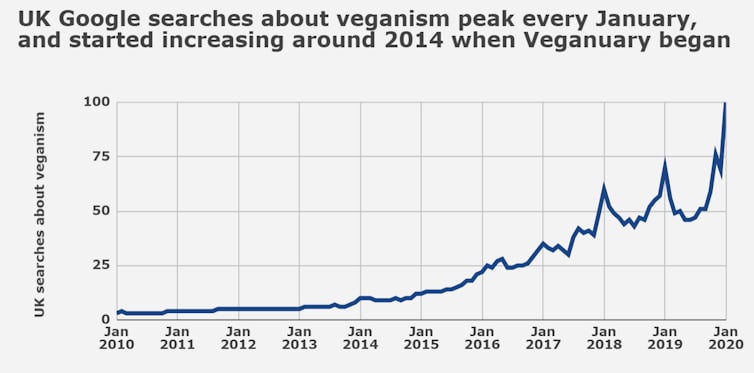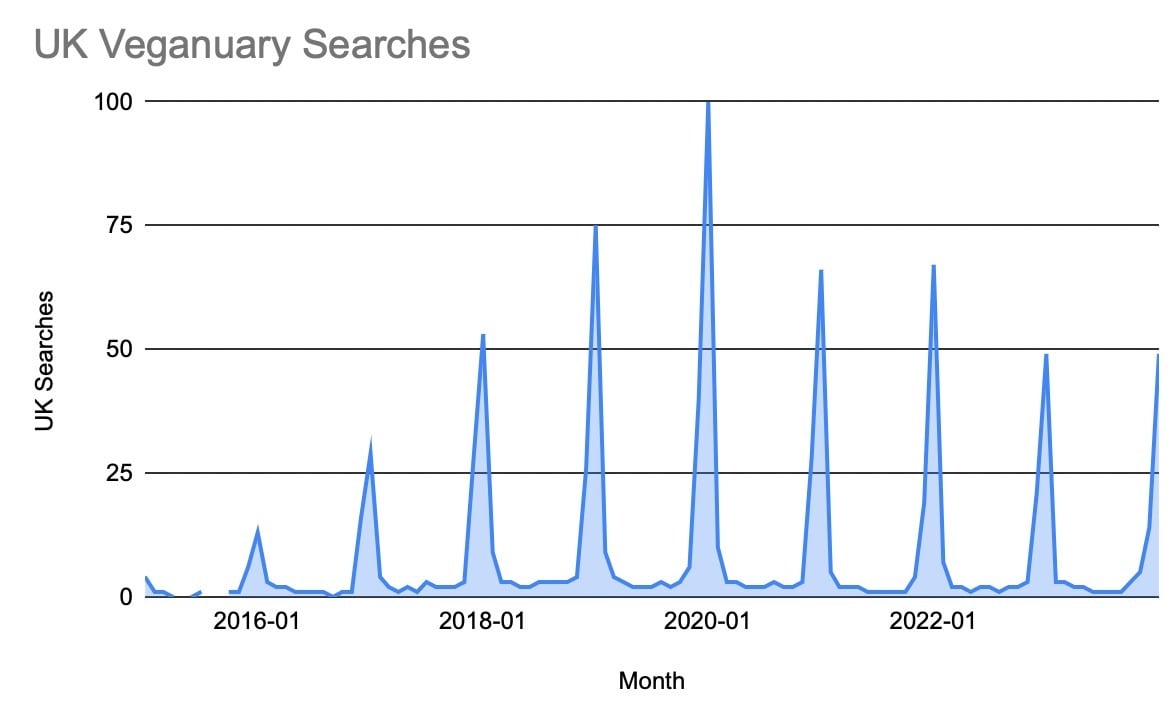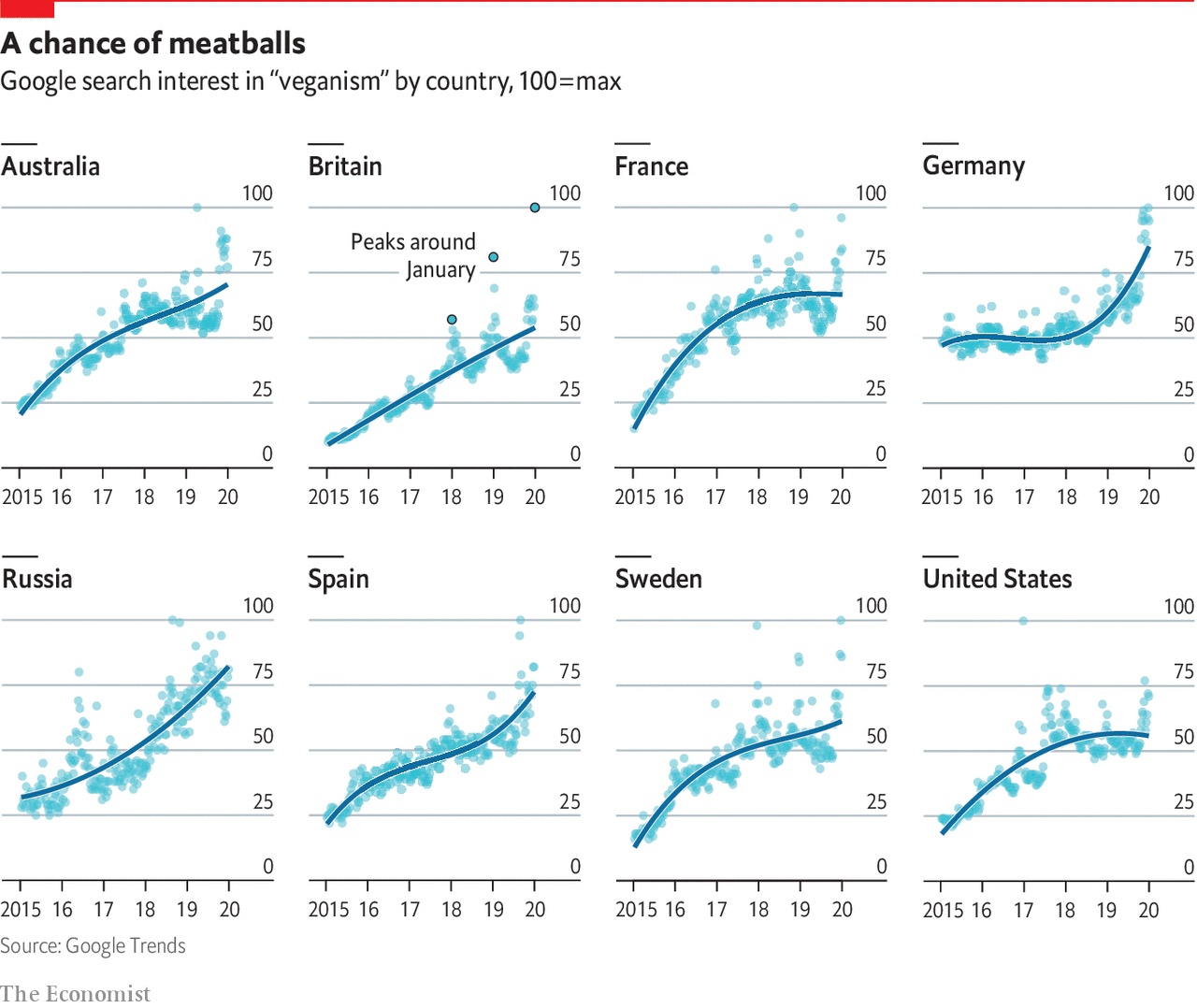For people short on time (like me), I’ll point out this article brief, highly skimmable, and full of self-explanatory graphs. It also briefly explains reasons the researchers think Veganuary succeeds where similar efforts have failed (i.e., the time of year and social experience).
At first glance, the evidence presented here seems quite impressive for near-term reductions in animal product consumption. However, it may not be as impactful as it initially seems (see the comments on this post).
To the extent that it is effective, I’m unsure whether it indicates significant moral circle expansion because many participants may already include farmed animals in their moral circle, meaning they aren’t expanding their moral circle, but instead accepting the implications of their moral circle (which may be a distinction without a difference, as both produce equally-good long-term consequences).




I think this is pretty bad news, actually.
Here we have an intervention that apparently increases sales of plant-based products by 57% and yet does not decrease sales of meat products at all. Unfortunately, this corroborates a growing body of evidence suggesting that plant-based products often fail to displace meat products, even when they gain their own (orthogonal) market share.
As an aside, even with the effects on plant-based products, it's also hard to attribute causation to Veganuary specifically, since it always occurs during a month that we know is associated with unusual recurring "shocks" (e.g., the end of holiday dinner parties; the beginning of New Year's resolutions).
Hi Maya,
Would you be more enthusiatic about interventions pushing for the replacement of poultry meat by plant-based foods, as One Step for Animals does[1]?
They focus on broilers, not poultry more broadly, but I think a broader focus would be useful to mitigate replacements of chicken meat by other poultry meat.